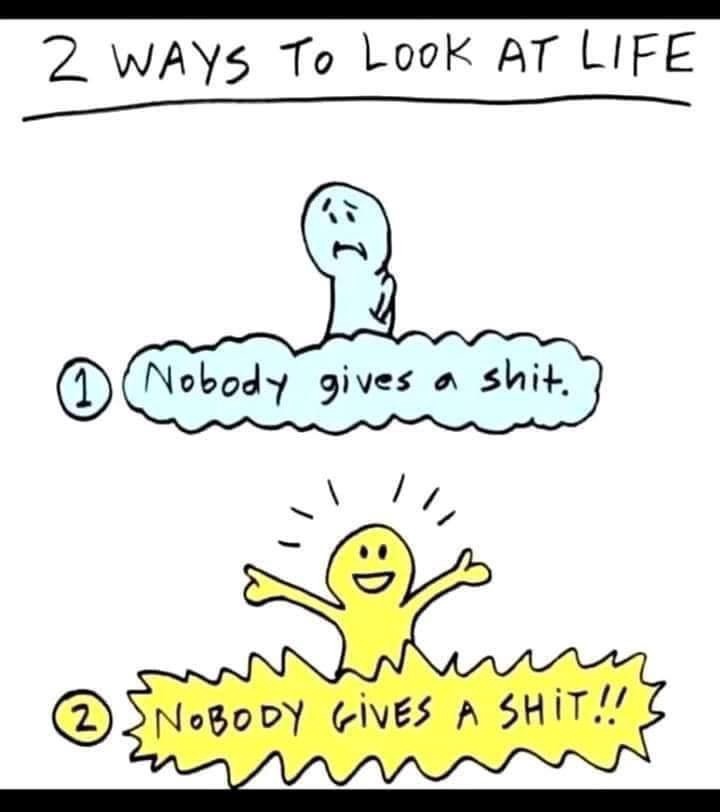For the life of me, I will never understand why people want anything more complicated than approval voting.
Okay, yes, I understand. But still, I don’t. So simple. So easy. Approval!
Because it doesn’t allow you to express anything more than “approve” and “disapprove”. I prefer it over Hare RCV, but the limited information expressable on the ballot makes it not that great overall.
What?
Here’s approval voting:
-
vote for everyone you like
-
Don’t vote for everyone you don’t like
-
most votes wins
That’s it.
Here’s a more detailed article.
Here’s some simulations demonstrating how well-behaved different voting systems are.
Approval vs RCV in a presidential primary
Chicago mayor primary using four different voting methods
Basically, “choose one” voting sucks balls for a bunch of reasons, so people have spent a lot of time coming up with different ways to vote. Approval voting gets pretty much the same results as all the other improvements, while requiring a hell of a lot less effort and being way easier to understand.
Add in the fact that it’s super easy to tweak it for use with multi-winner elections or party-proportional elections and it’s just amazing to me that people champion the more complicated methods.
Oh I get it. Imo that’s comparable to like ranked choice voting.
So, the thing is, it’s not.
BUT, it’s perfectly fine if you don’t want to learn the differences between systems and all the little details and that stuff. In fact, it would be weird if everyone was as interested in voting and representation systems as I was.
But this lack of interest is exactly why the voting system needs to be dummy simple. Even people who actively dislike learning should be able to fully understand how the voting system works and what kinds of problems it has. (They all have problems.)
With approval, well, I already explained it. Vote for everyone you like, most votes wins. That’s it. No elimination rounds, no counting and recounting. It’s just plain obvious how it works.
And the thing is, when you get really nerdy and all the different voting methods, it turns out all the good ones end up with pretty similar results, so why make things more complicated than you have to? Approval works.
I mean imo it depends on the area. In an ideal world I think each community would discuss and decide for themselves which democratic models works best based on their local material conditions
-
Never heard of that, is it like liquid democracy?
not really, no. in an american context, it means this:
In short, fusion – also known as cross-ballot endorsements – gives the smaller party more brand recognition along with its own ballot line. Minor parties often have difficulties fielding a candidate in every race, so fusion also allows that minor party to try to use its ballot line to influence even those races in which it has not been able to recruit its own candidate by dangling its endorsement in front of a major party candidate (though that feature has led to some partisan shenanigans and horse trading – more on that below). If the race is close, the minor party endorsement might play the role of kingmaker.
a few states make use of it, most prominently New York where there are existing third-parties for progressives (WFP), Greens (the Greens), and dissenting conservatives (Conservative) and so they can make a difference in the outcome of a result. there are some upsides to this—and no shortage of downsides, which the substack post here covers.
Cool thanks for the explanation.
Ah, thanks for the short version, I couldn’t see the full article.
I see no reason we can’t have multiple party endorsements on the ballot.





